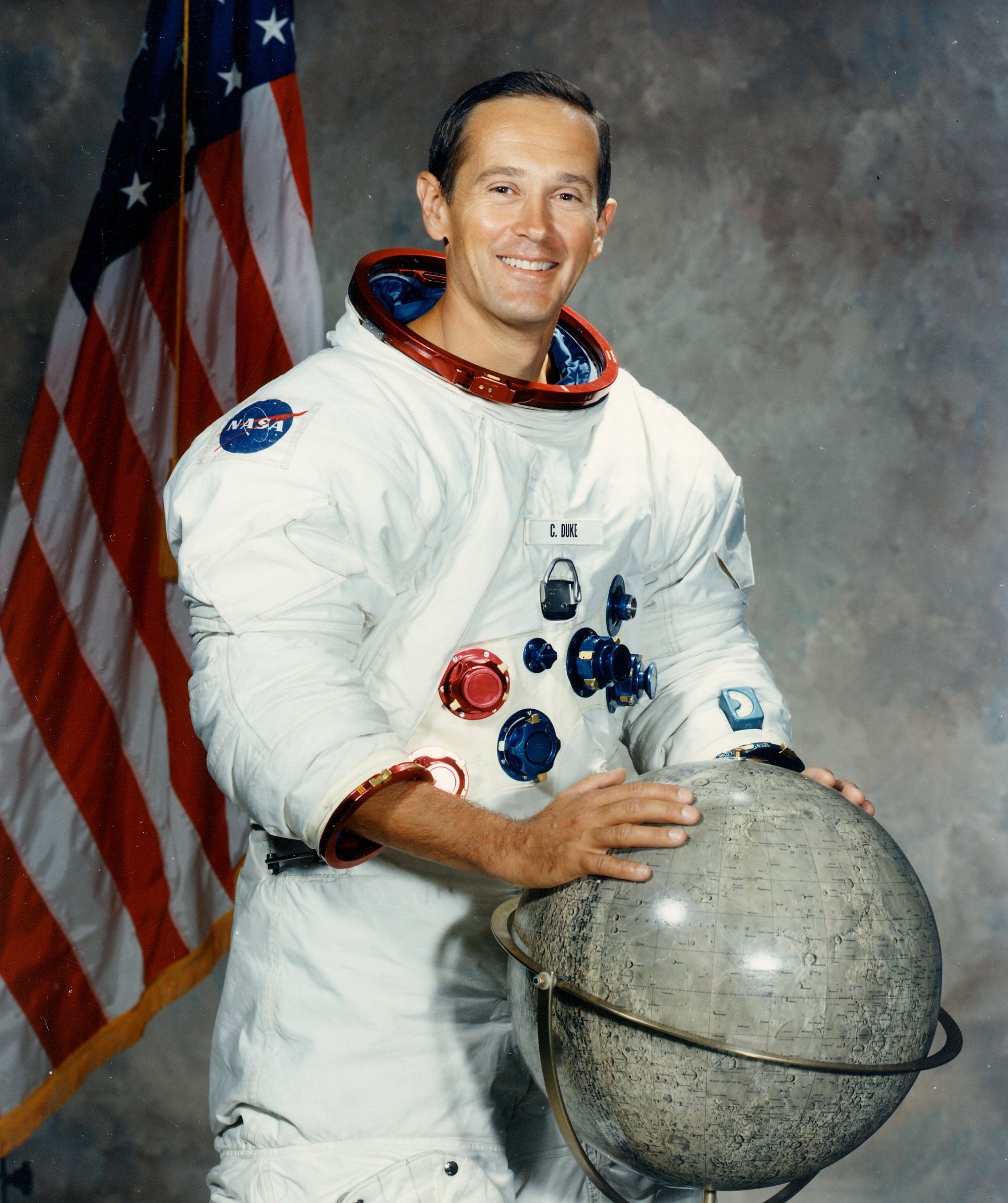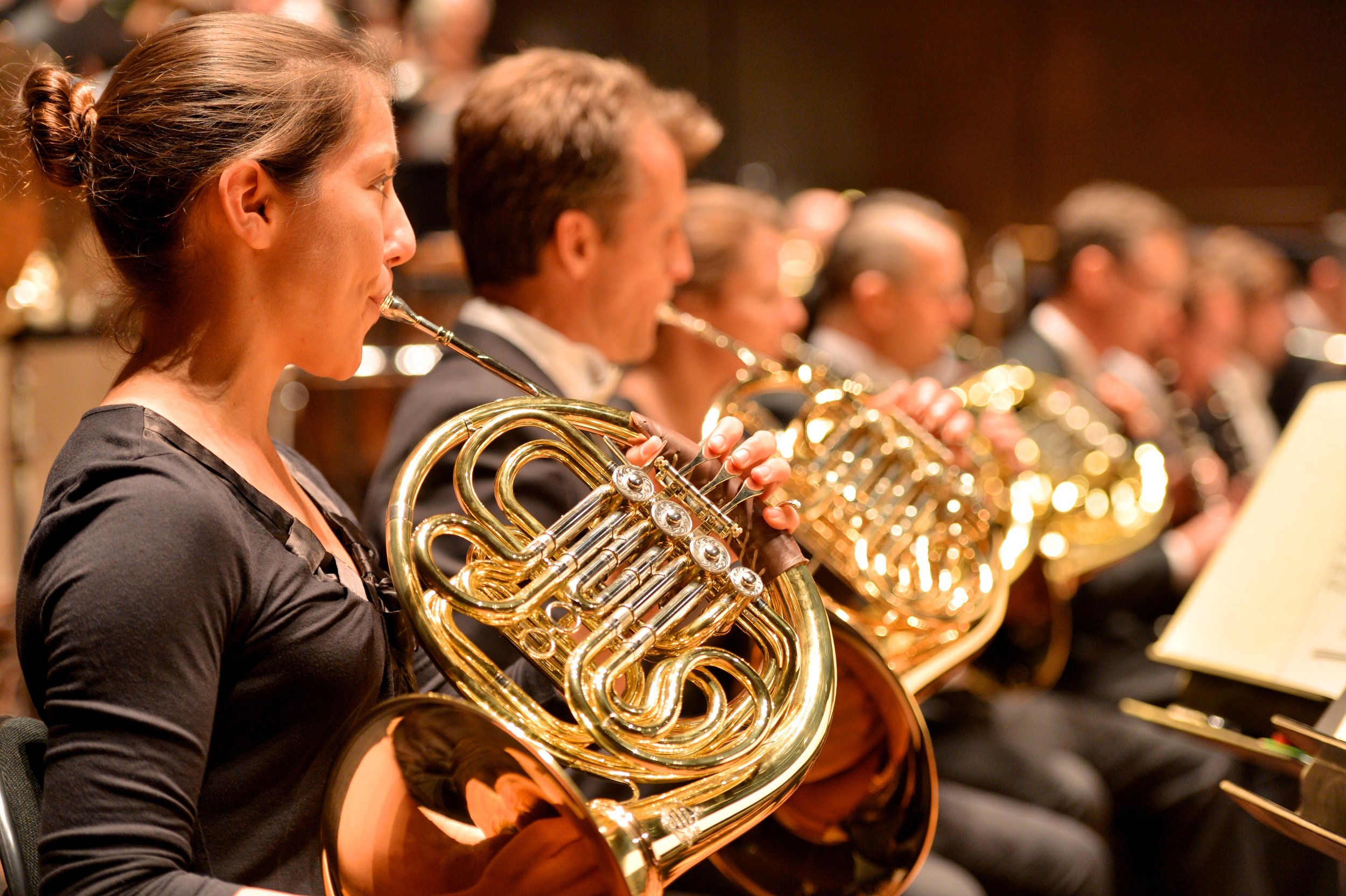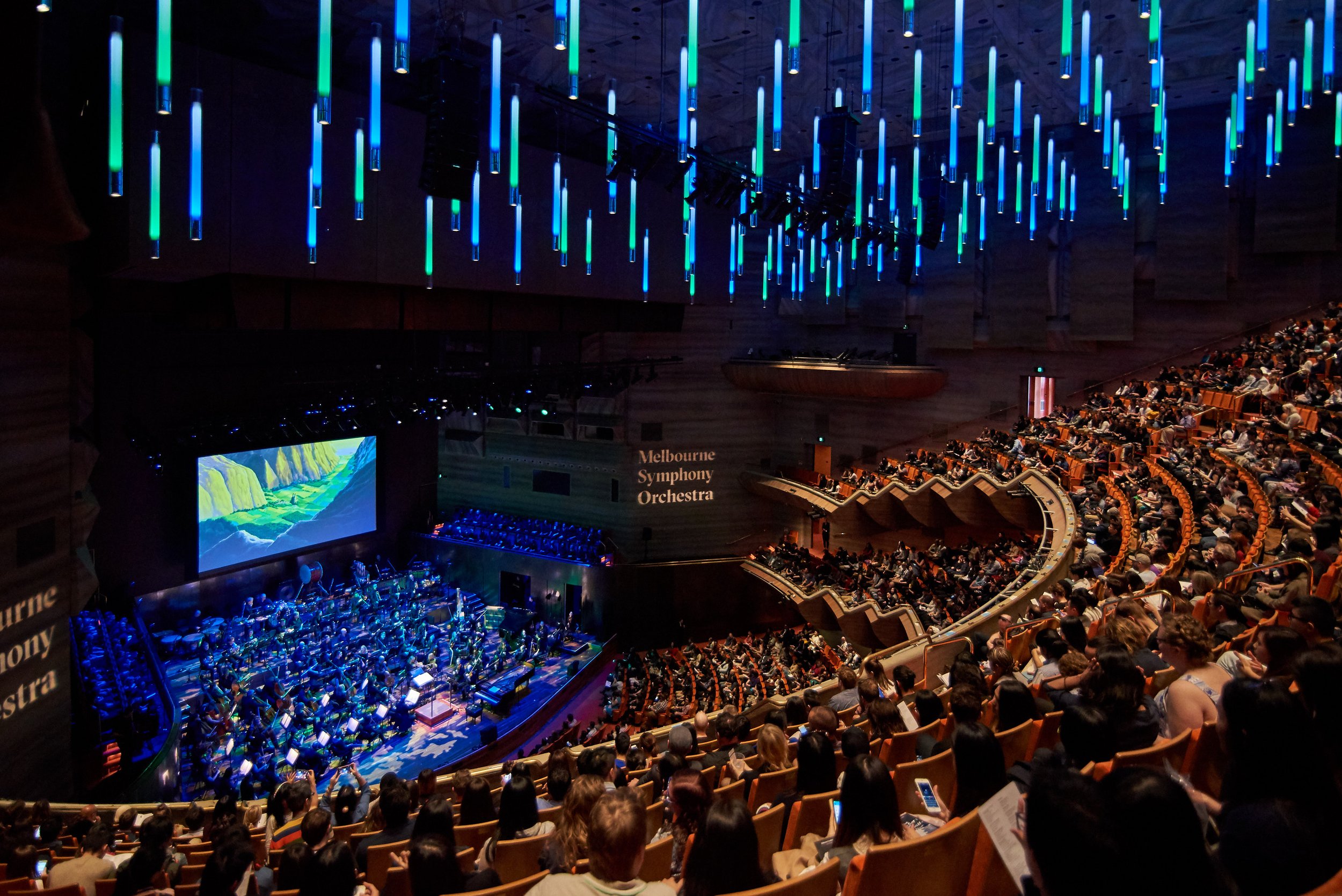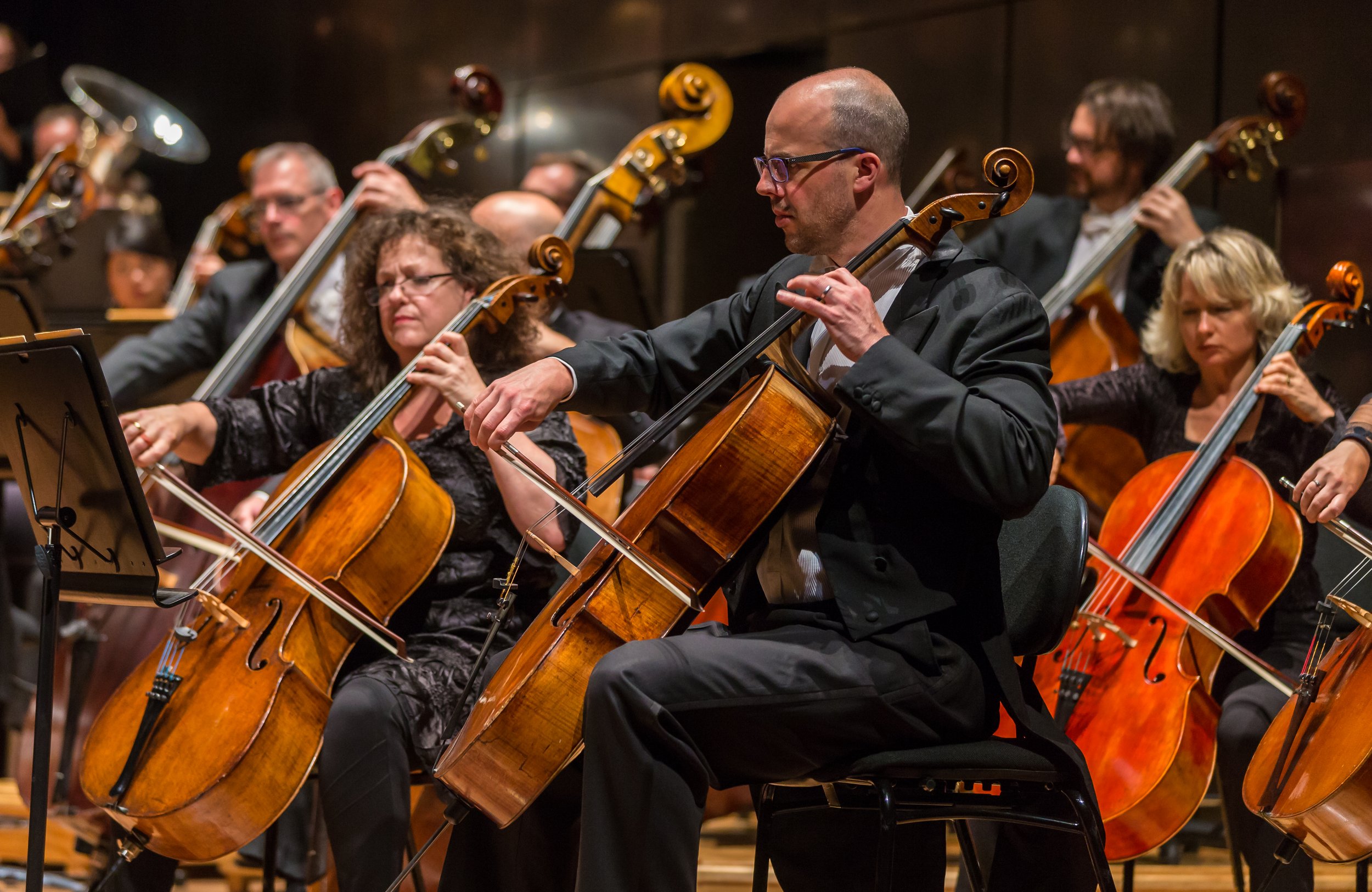"The Galaxy's Greatest Hits" | Melbourne Symphony Orchestra
4 out of 4 stars
(Originally published on Chicago Stage Standard)
One small step for man, one giant leap for mankind. Ten words that defined a generation. In 1969 Neil Armstrong, Michael Collins and Buzz Aldrin took the first historic steps on the surface of the moon. For the 50th anniversary of this major feat, the internationally acclaimed Melbourne Symphony Orchestra performs a special one night only event at the Chicago Symphony Center to commemorate the 50th anniversary of the Apollo 11 moon landing. "The Galaxy's Greatest Hits" includes favorite space classics from Star Wars, E.T. the Extra-Terrestrial, Gustav Holst’s The Planets, Star Trek, Apollo 13 and more.
The evening was particularly striking experience with the music, lighting and visuals all coming together to transform the space for this curated event. The program included not only the wonderful scores inspired by the cosmos, but archival footage from NASA and HD images of space. With these educational and inspiring images, the lighting design was truly what sends you over the stratosphere and into orbit. From cobalt blues, to aurora borealis greens to stark white, the textured lighting schemes mimicked the visual displays including surfaces of the moon and Mars.
The Melbourne Symphony Orchestra (MSO) is an internationally acclaimed, leading cultural figure in the Australian arts landscape, bringing the best in orchestral music and passionate performance to a diverse audience across the world. As the MSO’s Chicago debut, the performance was helmed by Award-winning Australian conductor, Benjamin Northey. He is the Associate Conductor of the Melbourne Symphony Orchestra and the Chief Conductor of the Christchurch Symphony Orchestra, New Zealand.
A prelude opening on the didgeridoo stunned me, as I have never actually seen anyone play this instrument in front of me. I was astounded at the physical effort it takes to perform the instrument, not only in breath work, but shoulder use as well. The orchestra performed wonderfully with the quirky, reflective and inspiring multitude of musical selection. John William’s “Leia’s Theme” was performed beautifully with a heart aching flute soloist masterfully capturing the spirit of truly a new hope. The profound link between the far reaches of our galaxy and media is what stirs the imagination most. Media has played a vital role in bringing the stars closer to us through our screens not only with the televised access to NASA spacecrafts, but through entertainment. It delves into imagining what lies beyond our world and the music captures the essence of our fascination, inspiration and longing.
From blastoff to touchdown, George Takei hosted the evening’s program. Takei is best known for his role as Hikaru Sulu, helmsman of the USS Enterprise, in the television series Star Trek. I won’t lie that I geeked out a lot when he took the stage. An amazing treat it was listening to George Takei’s anecdotes and to hear a firsthand account from former astronaut Charlie Duke. Duke shared his experiences as an astronaut, retired U.S. Air Force officer and being the tenth and youngest person to walk on the moon as Lunar Module pilot for Apollo 16 in 1972. The insights from this notable individual were so striking from the details of the preparations and emotions walking on the surface to returning home. Duke also shared his excitement for entrepreneur funded space expeditions and expressed how our society is on the cusp of space tourism. With a dedication to Charlie Duke, the MSO performed music from Apollo 13 by James Horner. A theme highlighting a wonderful trumpet solo that truly captures the American spirit and a sense of the great unknown.
Grammy Award-winning Chicago jazz star Kurt Elling performed “Come Fly with Me” along with a few other pieces with incomparable Australian musician James Morrison. Elling and Morrison are so incredibly talented and it was a joy to watch them perform. You can tell they honestly love what they do, which makes a performance that much more heartfelt. Australian businessman Anthony Pratt, a long-time supporter of the MSO, will mark the 50-year moon landing milestone with a donation of 50 tickets to some of Chicago’s most promising young musicians, giving them the opportunity to experience this special event. A generous gift to aspiring young musicians to see the global reach music holds.
The collection of pieces included throughout the night speaks to the long spirit and collaboration between the USA and Australia. A fact I wasn’t aware of is the vital role Australia’s Parkes radio telescope in New South Wales brought pictures of man walking on the moon to the world. “The first eight minutes of the broadcast switched between pictures from three stations – Parkes, Goldstone and Honeysuckle Creek – before staying with the Parkes’ signal for the remainder of the moonwalk” (National Geographic).
The evening was a multi-layered program that was truly out of this world. Upon exiting the theater, the full moon gazed down upon departing audience members. Humanity has always been striving for the stars and the night’s program provided an education with a look back on how far science has advanced us into space in an incredibly short period of time, as well as remind us of the power we have at our fingertips. This performance struck something deep inside my core ; the idea at the impossible being possible and pushing past our limits far into the great unknown. The Melbourne Symphony Orchestra conducted a wonderful evening to remind our global community of the kinship we share under the stars.
For more information on the Melbourne Symphony Orchestra, please visit mso.com.au. For upcoming events and performances at the Chicago Symphony Center and from the Chicago Symphony Orchestra, please visit https://cso.org/home/.




